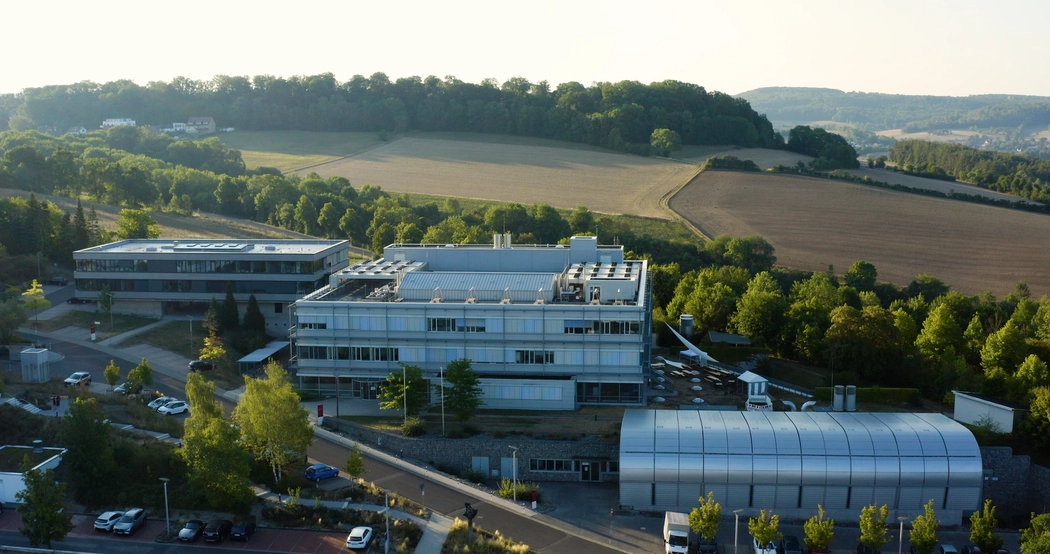How Can the Statistical Properties of a Turbulent Flow Be Calculated?
DOI:
https://doi.org/10.21036/LTPUB10273Researcher
Eberhard Bodenschatz is Chair of the Chemistry, Physics and Technology Section and Member of the Senate of the Max Planck Society as well as Director of the Max Planck Institute for Dynamics and Self-Organization in Göttingen, Germany. Bodenschatz is also an Adjunct Professor at Cornell University (USA) where he has held several faculty positions in experimental physics since 1992. His research interests include self-organizing complex systems and electrophysiological turbulence. Bodenschatz is a recipient of the Stanley Corrsin Award of the American Physical Society and the Alfred P. Sloan foundation fellowship among others. In 2016, he became also a Member of the Board of the German Physical Society.

Original Publication
Lagrangian View of Time Irreversibility of Fluid Turbulence
Haitao Xu,
Alain Pumir,
Eberhard Bodenschatz
Published in
Citation
Eberhard Bodenschatz,
Latest Thinking,
How Can the Statistical Properties of a Turbulent Flow Be Calculated?,
https://doi.org/10.21036/LTPUB10273,
Credits:
© Eberhard Bodenschatz
and Latest Thinking
This work is licensed under CC-BY 4.0
